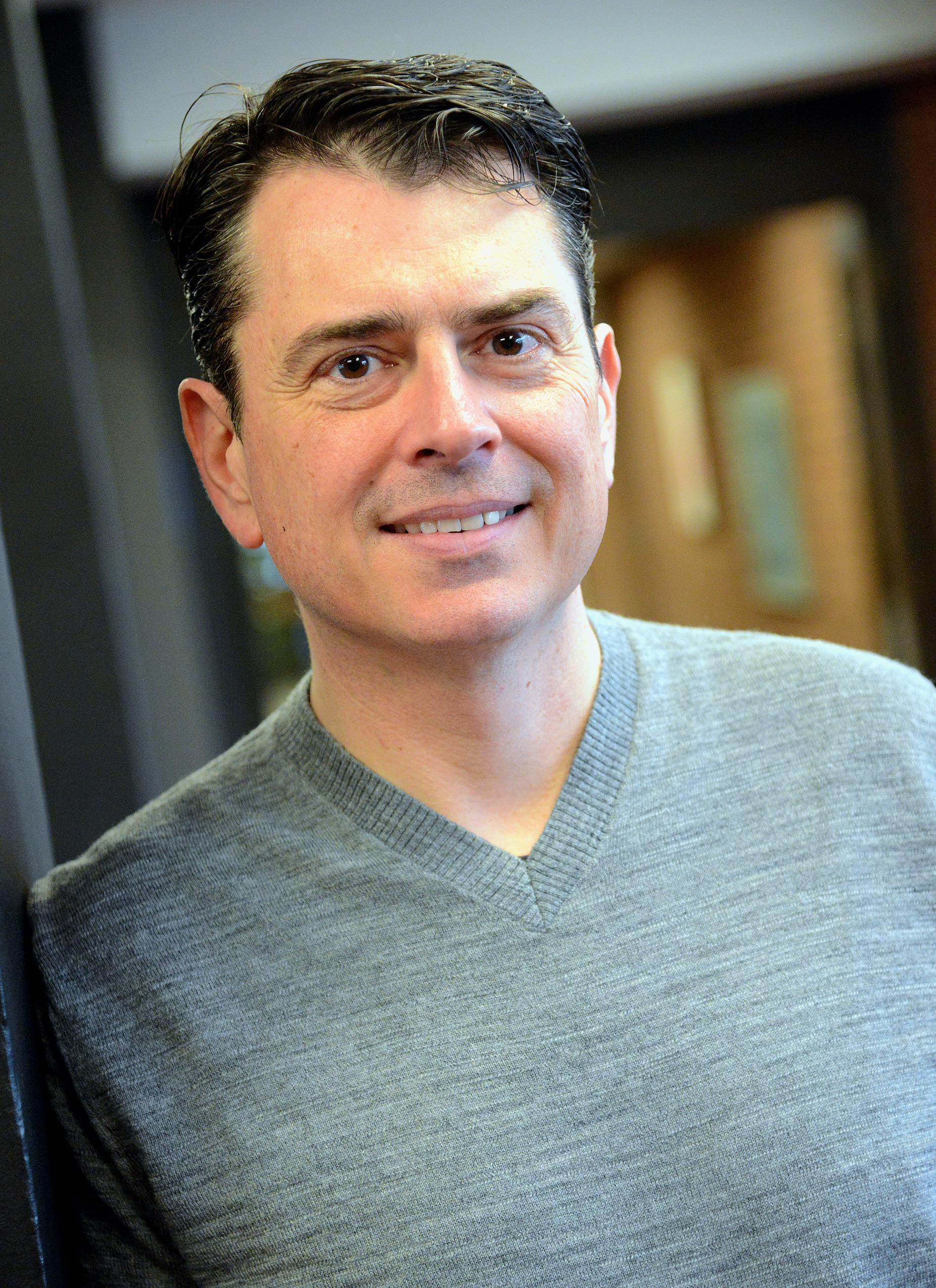 Mark Drumbl gave a public lecture at Cambridge University on January 18, 2019. He presented his research on the war crime of intentional destruction of cultural property. Audio of the lecture is available here. Publication of this project is forthcoming in the Journal of International Criminal Justice.
Mark Drumbl gave a public lecture at Cambridge University on January 18, 2019. He presented his research on the war crime of intentional destruction of cultural property. Audio of the lecture is available here. Publication of this project is forthcoming in the Journal of International Criminal Justice.
Drumbl begins in Timbuktu, Mali, where in 2012 Salafist extremists associated with Al-Qaeda destroyed a set of shrines and mausoleums associated with Sufism. Timbuktu is an evocative city that played a central role in the spread of Islam in the region and was a central trade hub. One of the participants in this destruction was Ahmed Al Mahdi, a Koranic teacher who served as the leader of the Hesbah (morality brigade) which enforced Sharia in the region. Al Madhi was indicted by the International Criminal Court, where he was convicted in September 2016 of the war crime of intentional destruction of cultural property. In this presentation, Drumbl refracts the ICC’s criminal conviction and reparations order in the Al Mahdi case into the much broader frame of increasingly heated public debates (including in Virginia) over the protection, removal, defacement, relocation, display, and destruction of cultural heritage in all forms: monuments, artefacts, language instruction, art, contents of museums, and literature. What might the work product of the ICC in the Al Mahdi proceedings – and international criminal law more generally – add, contribute, or excise from these debates? This essay speculatively explores connections between the turn to penal law to protect cultural property and the transformative impulses that undergird transitional justice which, in turn, often insist upon cultural change, including to cultures of oppression and impunity. Along the way, this essay also unpacks thorny questions as to how to value cultural property; how to determine what, exactly, constitutes the kind of property whose destruction should be criminalized; and which ‘cultures’ should be protected by ‘whom’ and in ‘whose’ interests.
After this lecture, Drumbl traveled to The Hague to present his work on the dissenting judge at the Tokyo Tribunal, Indian Justice Pal, who would have acquitted all of the Japanese defendants in 1946. Following that talk, he spoke at a conference held at the University of Copenhagen that tackled the question ‘Who is Afraid of the International Criminal Court?’
